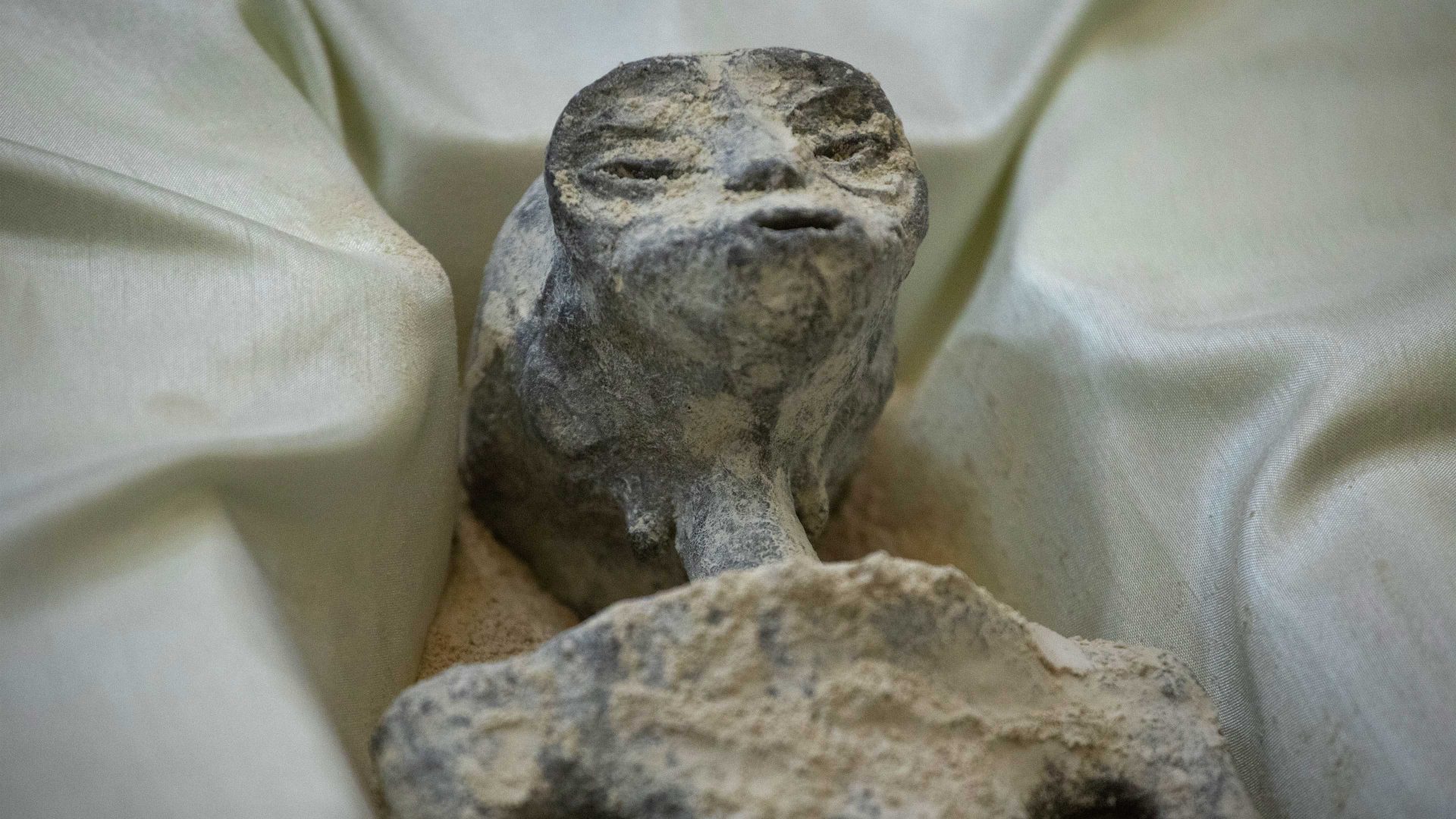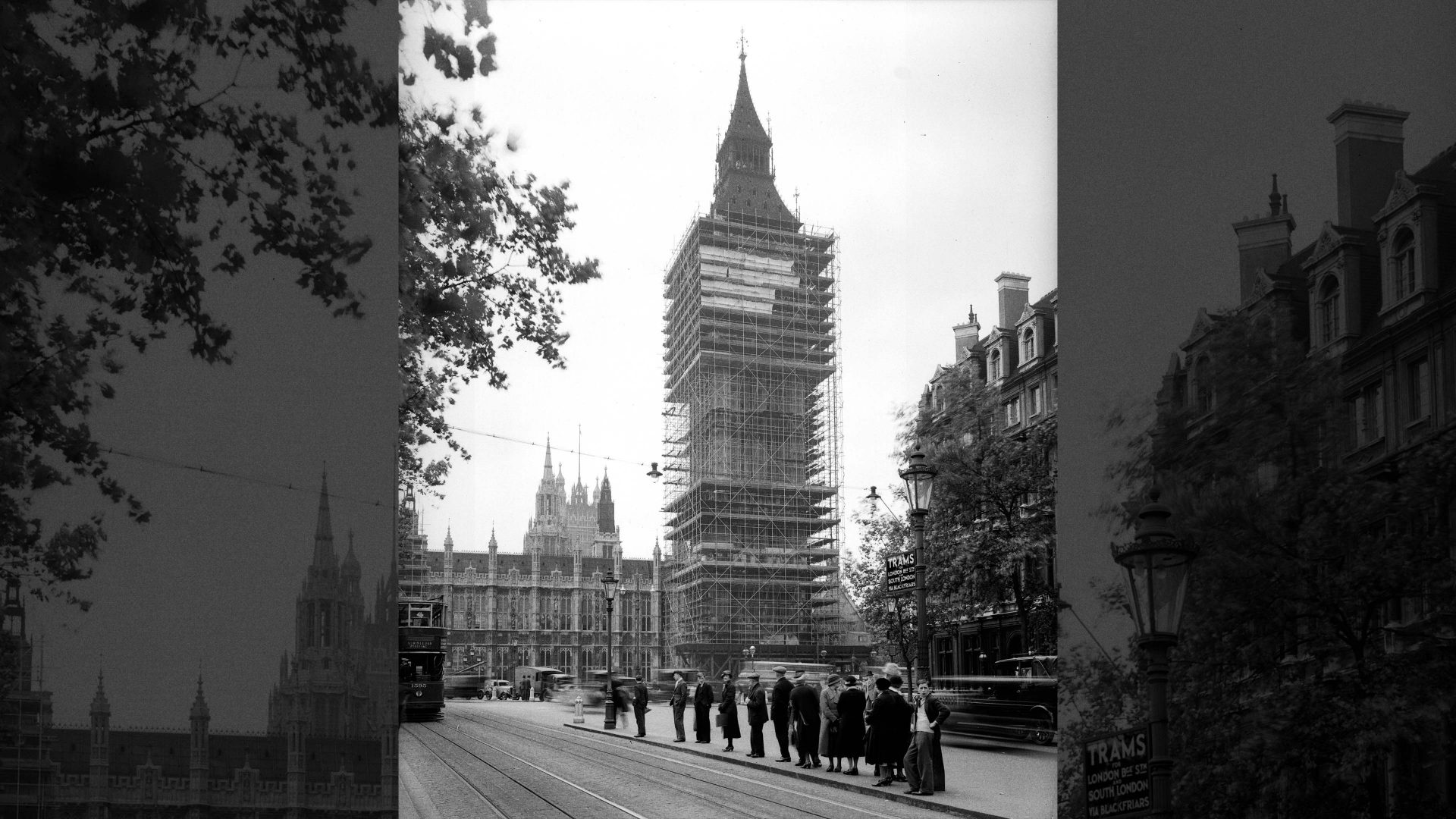The philosopher David Hume declared “A wise man…proportions his belief to the evidence.” A wise woman does too, of course. Before I go any further, though, I should acknowledge that Hume didn’t always follow this sound principle himself. He made several racist asides in his essays, including a comment in which he revealed that he suspected all other “species of men” were “naturally inferior to the whites”. This racism wasn’t excusable even in the 18th century.
James Beattie, a fellow Scot, called him out on it, giving examples from Peru, Mexico, Africa and America of non-white peoples who displayed cultural sophistication, good government, and technical ability in arts and crafts that “even Europeans would find it no easy matter to imitate”. So in that respect, Hume, who didn’t change his mind on this, failed to proportion his belief to counter-evidence that was set in front of him by one of his peers.
That makes Hume a fallible hypocrite. But the principle still stands. Why wouldn’t we give greater credence to a hypothesis that has more and better evidence on its side? That is part of what it means to be a rational person. We deal in probabilities, not certainties, in many aspects of our existence. We need to weigh the evidence for any hypothesis as best we can. It’s foolish to ignore relevant facts and alternative explanations.
Hume, who was at least an agnostic and probably an atheist, made these points in the context of a discussion about whether we should believe those who claim to have witnessed miracles. He made a useful distinction between merely marvellous occurrences (when something very unexpected or unusual happens that can be explained without bringing in supernatural forces) and miracles (which go against well-established laws of nature).
If someone makes an unexpected recovery from illness, that’s explicable in terms of medical science as unusual good fortune, statistically unlikely but possible, and so in Hume’s terminology merely a marvellous occurrence. If they sprout wings, fly around the ward, and then grant the doctor three wishes, that’s a miracle.
According to Hume, we should always be sceptical about testimony of miracles: first, because there is so much evidence supporting the laws of nature they allegedly break, and second, because people are highly motivated to deceive themselves that they’ve witnessed a miracle, and some even lie about this.
In Hume’s example (a disguised attack on claims about another resurrection), if someone told him that Queen Elizabeth I died, was buried, and then a month later resumed the throne, he would not have the least inclination to believe that that miracle had occurred. His reason: “The knavery and folly of men are such common phenomena, that I should rather believe the most extraordinary events to arise from their concurrence, than admit of so signal a violation of the laws of nature.”
We should also exercise a degree of scepticism about merely marvellous events. Those who claim to discover or witness such things usually have much to gain from being taken seriously. When there are competing explanations, we should look for the more likely explanation, even though the less likely could conceivably be true. So, for example, with the recent mummified “corpses of non-human aliens” presented to Mexico’s parliament, it’s possible that they are authentic. However, even before proper scientific analysis of them, the weight of evidence is very strongly against this.
First, because the self-proclaimed UFO expert Jamie Maussan who is leading the presentation in Mexico has form: he has previously presented recently manufactured dolls as evidence of alien beings, and made similar claims about mummified remains that turned out to be the body of a child. But second, because as the scientist Brian Cox has commented, these “alien bodies” are far too human-like. The chances of aliens evolving on another planet looking a bit like us are very slim.
And what of the Nasa evidence of UFOs (now known as Unidentified Anomalous Phenomena, UAPs), recently shared with the public? Again, we should proportion our belief to the evidence. A video of an unexplained fast-moving object that resembles a flying saucer is not proof that we’ve been visited by aliens (as exciting as that would be). We need to eliminate other possible explanations before going anywhere near that conclusion. Nasa’s report on UAPs reached the same conclusion last week: there’s not yet proof that extra-terrestrials are behind the hundreds of anomalous sightings – that’s just a possibility.
We lack conclusive evidence, but believers are going to believe.



